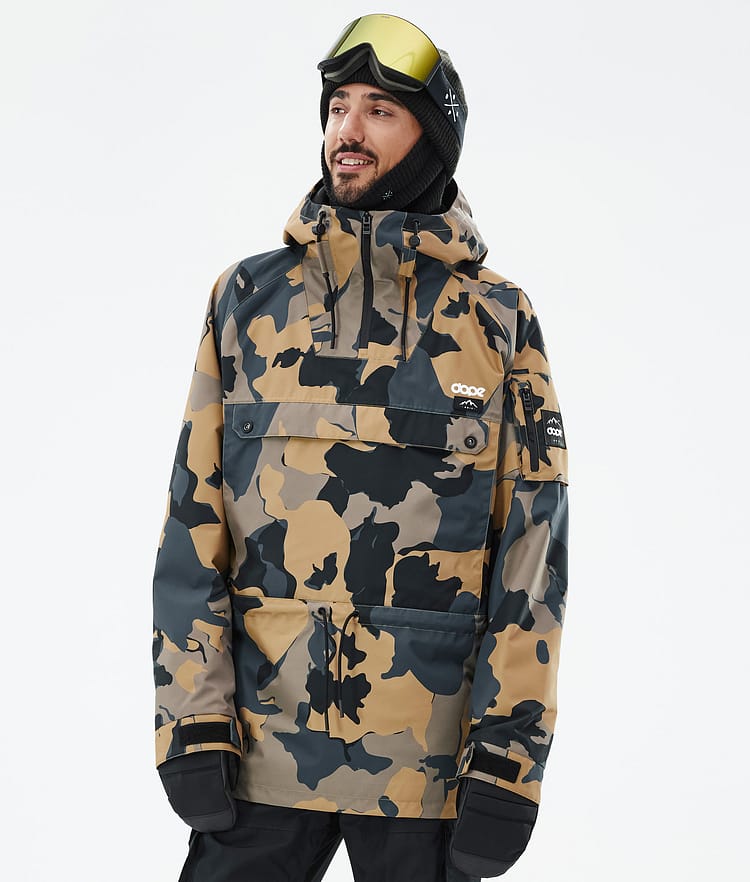
Cross country skiing, commonly abbreviated XC ski, is an endurance sports in which skiers push themselves along snowy terrain with skis and ski sticks. It was introduced to the Winter Olympics program in Chamonix in France in 1924.
This is an extremely aerobic sport that rewards highly fit athletes. Unfortunately, most people don't realize how tough it can be until they watch World Cup races. Jessica Diggins, who won her second gold medal at PyeongChang 2018 with Kikkan Randyall in a team-sprint sprint freestyle event, is the best person to understand the physical demands of this sport.
Cross-country skiing began in the Alps.
There are two types, skate and classic, of cross-country skating. Both have been used in the Winter Olympics over the past century. The 2022 Olympics will feature a mixture of both classic and skate cross-country skiing events.

In most events on the Olympic Cross-Country Program, women's events are shorter that men's. Biathlon is a sport where women can only compete in one event or a team sprint event. Men are allowed to compete at all events.
Some of the most popular cross-country ski races are held throughout the world, with participants from all over the globe. These events provide an excellent way to meet new people and explore different cultures while testing the limits of your own body.
Many Americans love to ski at their local parks and enjoy the sport. The sport is also available in many school and club settings.
At the Olympics, the mass start is the most common cross country race. It involves large numbers of competitors starting at the same time. In PyeongChang 2018, there were 69 men and 47 ladies who participated, while Beijing 2022 will have 50 men and 30 females.
There are six events in cross-country skiing on the Olympic programme: individuals; a time trial of around 10 miles; mass start; pursuit and relays for both men and women. The men's 50 kilometer race, which is the longest, usually takes place on the last day.

Since its inception in 1924, it has been a fixture of the Winter Games. It is also a popular sport all over the world. It is considered the most difficult of all sports, and is an excellent test of fitness.
FIS-ski alpine
FIS, part of International Ski Federation, is responsible for all major snow sports such as alpine ski, snowboarding and cross-country ski. FIS is also responsible for all technical and scientific aspects.
The FIS comprises three distinct divisions, ski jumping combined, Nordic-cross-country skiing and cross-country. FIS also oversees World Championships across all three disciplines.
As with all sports, the FIS is constantly evolving and changing the rules to make the sport better and more enjoyable for everyone involved. This includes implementing new equipment regulations, such as making skis no longer than the skier's height, and increasing the length of ski poles to no more than 10 centimeters long.
FAQ
When traveling, what should you remember?
Traveling is a time when you are often faced with situations that require quick decisions. It's okay to be spontaneous.
It is possible to be stuck anywhere for hours, days or even weeks. If you plan ahead you can have food and water, shelter, and a place for sleep. But if you haven't, you may have to improvise.
In these instances, you may need to rely only on what you are good at. That means making quick decisions based on instinct and experience.
Sometimes you don't have a choice. Sometimes, however, you will have to make do with what you have. In these cases, you will have to adapt quickly and respond to any situation.
It is important to remain calm, keep your eyes on the prize and be decisive. Don't panic. Instead, focus on what you can control.
You can choose which direction you want to go if you're lost among the woods. You can also eat berries and mushrooms if you feel hungry. Rainwater can be drank or snowmelt.
If you're tired, rest. If you're cold, you can bundle up. You can wear a sweater if it's cold. Whatever your choice, staying positive will help you feel better.
How do I prepare for vacation?
To maintain a healthy lifestyle on vacation, you must eat well and exercise regularly.
You should also ensure you are well rested and hydrated before leaving home.
You should ensure you have all necessary travel documents and medication ready for when you go.
You should also ensure that you have enough medicine to last you through your trip if you plan to take any medication.
In case of injury or sickness, always have an extra set of clothes.
What amount of luggage should I bring?
The length of the trip will affect how much luggage that you can take. You will only need to bring hand luggage if you're traveling by plane. This is typically less than 20kg. If you're traveling by bus or train, you'll need more space.
At the airport, you will receive a form that you need to complete with your details. This form will contain information about your flight, such as the weight and assistance required when you check them in.
Always check your luggage before you leave the house. You might find yourself stuck waiting in line for hours as everyone else inspects their luggage.
Traveling light is the best option, because you never really know what could happen. It is possible to lose your bag and not have something to wear.
Statistics
- Alcoholic beverages with 24% alcohol or less are not subject to limitations in checked bags. (tsa.gov)
- Between the ages of 11 and 13, kids, or tweens, will likely want some autonomy but also need boundaries. (travelandleisure.com)
- They're also likely to offer babysitting services, in case you'd like to have dinner one night after 7 p.m. (travelandleisure.com)
- Case in point: the private island of Ilha Caldeira, less than seven miles off the coast as part of the Primeiras and Segundas Archipelago, is located within the marine-protected area with 20 percent of the country's intact living coral. (travelandleisure.com)
- Alcoholic beverages with more than 24% but not more than 70% alcohol are limited in checked bags to 5 liters (1.3 gallons) per passenger and must be in unopened retail packaging. (tsa.gov)
External Links
How To
What are the best travel tips for beginners?
You can travel is an exciting adventure, but there's a lot you need to be aware of to make sure you have a safe and enjoyable journey.
Here are some basic tips to help you plan your next vacation.
-
Get your bookings in early. The prices will be lower if you book early. You'll also save money by avoiding last-minute deals offered by hotels and airlines.
-
Stay-at-budget accommodations. You get more for your money in cheap hotels. These hotels are often located close to shopping and public transportation.
-
Don't overpack. Keep it light. You can leave room for souvenirs or gifts. Wear clothes that fit well, and don't wrinkle easily.
-
Use common sense. Traveling alone? Don't go out at night. Avoid dangerous neighborhoods and areas with high levels of crime.
-
Prevent theft. Keep valuables locked away from sight. Swimming is a great way to keep valuables safe.
-
Pay attention to cash. Thieves often target tourists in foreign cities. Keep your money safe and use ATMs only in banks or secured locations.
-
Know your stuff. Be sure to learn how to use public transport in order not only do you need to book a hotel but also how to get there. Discover information about tourist attractions and restaurants.
-
Be sure to learn about safety. Before you travel, learn about the culture, laws, and customs of your destination.
-
Have fun. Have fun, regardless of what happens. It's worth it.